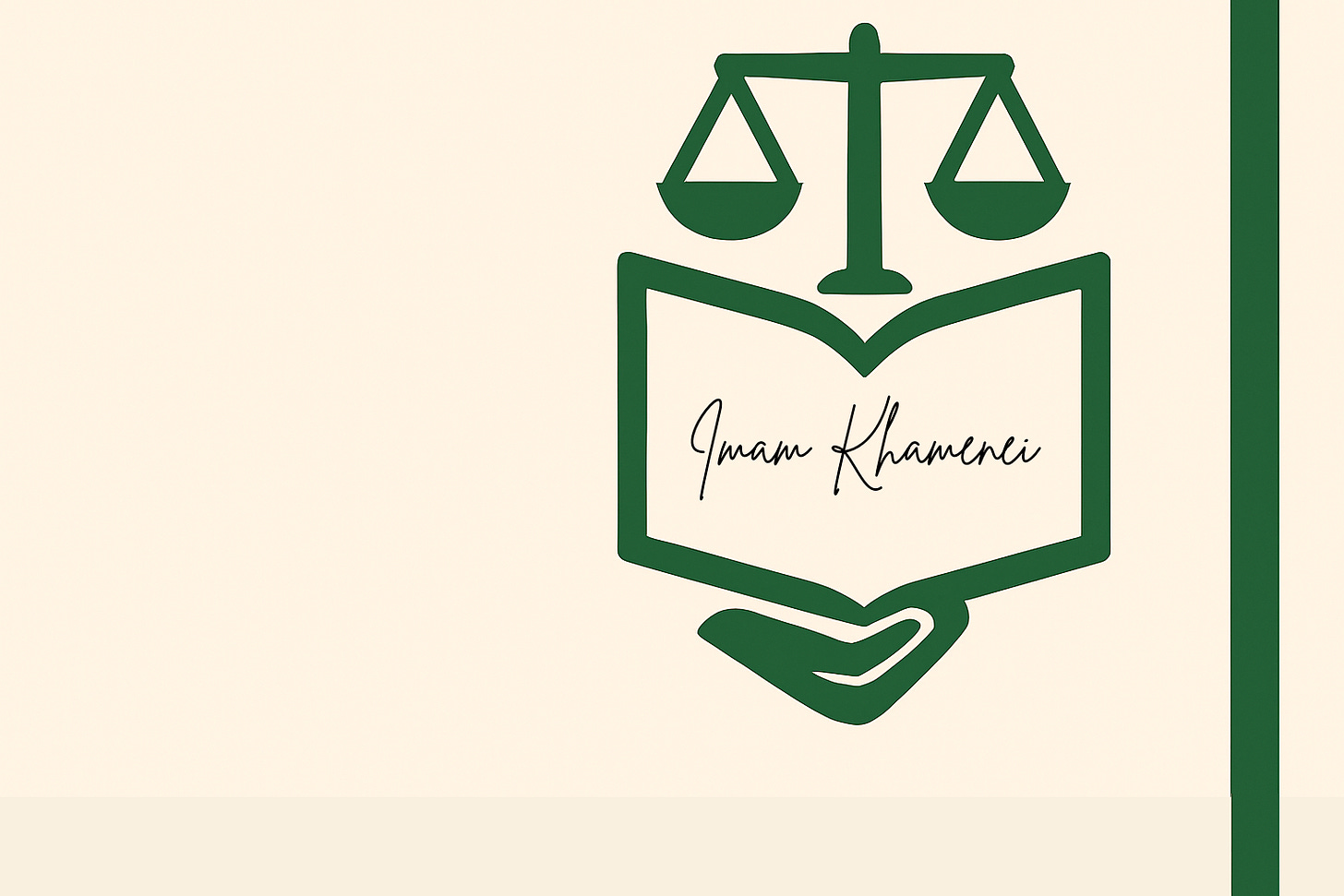Hiring, Renting, and Lease: Ruling on Leasing and Paying Rent for Improved Endowed Agricultural Land
Practical Laws of Islam as per the teachings of Imam Khamenei
Hiring, Renting, and Lease: Ruling on Leasing and Paying Rent for Improved Endowed Agricultural Land
English:
Question #1640:
A person leased a plot of arable land which was endowed for religious purposes. The land used to be irrigated with rainfall. Since the yield of the land was meagre, the leaseholder, subsidised by a government grant, transformed it into an artificially irrigated land:
a. How should the leaseholder pay for it, i.e., as land irrigated by rain or by artificial means?
b. How should the lease be paid, especially when a government grant has been involved?
c. Since it is an endowment whose proceeds are to be used for holding a ten-day assembly commemorating the martyrdom of Imam Ḥusayn (a.s.), should the leaseholder spend the rent for the same thing?
d. If the trustee refuses to receive the rent, can the leaseholder pay it to the authorised religious authority?
Answer #1640:
Providing for the irrigation of the land by way of drilling a well, digging a ditch, and the like instead of depending on rainfall, should not call for the increase, or decrease for that matter, of rent of the land. That is, on the assumption that the contract had been concluded in a proper way. Whether the cost of investing in the new irrigation system was incurred by the trustee, the leaseholder, or was subsidised by a government grant is immaterial.
However, should the change have taken place before the contract was concluded, or after it expired yet before the renewal of the contract, it is incumbent on the trustee to determine an equitable rent, taking into account all that which has been installed in the land [to improve its productivity].
The rent of the endowment should be spent according to the terms of the endowment. The amount of the rent is dependent, at all times, on the opinion of the shar‘ī trustee, who should not lose sight of the interests of the endowment at the time of leasing it.
It is not permissible to make use of the endowment without leasing it from the shar‘ī trustee and having his permission. Otherwise, it amounts to usurpation.
It is not sufficient to pay the rent to the department of endowments, or to any other fund, with a view to making use of the endowment. However, if the trustee refuses to receive the rent during the period of the lease, there is no problem in making use of the leased land by the leaseholder. In this case, the rent is to be spent in area of endowment after coordination with the authorised religious authority (i.e. a mujtahid).
-Imam Khamenei, Practical Laws of Islam, Importance and Conditions of Hiring, Renting, and Lease


